Review of post-16 qualifications at level 2 and below in England
Feedback updated 27 Oct 2022
We asked
We asked for views on proposals to reform post-16 qualifications at level 2 and below in England. The aim of these proposals is to improve the quality of qualifications available at level 2, level 1 and entry level and to simplify the qualifications landscape, ensuring that all future qualifications approved for government funding at these levels will be high quality, have a clear purpose, and lead to positive outcomes for students.
You said
There was strong support for the aim of simplifying the qualification landscape and improving the quality of provision, and for the groups of qualifications we proposed to fund in future. Other themes from the consultation responses included: the importance of flexibility for students studying at these levels; the potential impact of reducing qualification choice on students from disadvantaged backgrounds and with Special Educational Needs and/or Disabilities (SEND); and the need for a phased approach to the timing and sequencing of the reforms.
A total of 410 online and emailed responses to the consultation were received by the department. Of these, 117 were from a further education college, 37 were from independent training providers and 33 from awarding organisations. The remainder of responses were from a combination of education-related organisations, industry bodies, employers and those with an interest in the sector.
We did
The full results of the consultation have been set out in the government response to the consultation which is available on the gov.uk website. We intend to proceed as planned with the majority of our proposals, but having reflected on the responses, we have made some changes to our original plans, including, but not limited to:
- We will offer more flexibility by allowing the group 2 qualifications to be taken by 16-19 year olds in under two years if that better meets the needs of those learners. This will be at the discretion of providers, and we expect their decisions to be dependent on the size of the reformed qualification and other elements of the study programme.
- Concerning the options outlined in question 8 of the consultation, we will proceed with ‘Option B’ - to allow 16 to 19 year old students the flexibility to take two smaller occupational-focus qualifications (from group 3), if they do not wish to complete one of the larger, group 2 qualifications.
- We will give further consideration to the feedback on the importance of smaller courses at level 2 and below. Whilst we do want to set guideline size ranges, we are keen to emphasise that our guideline size criteria are guidelines only, not hard rules, and the qualification should be an appropriate size to ensure it fulfils its purpose and objectives.
- At entry levels 1 and 2, we will fund ‘vocational taster’ qualifications (that provide students with an opportunity to explore industries and occupations), giving an additional option to those studying at the lowest levels.
- First teaching of reformed qualifications at level 2 will now start in 2025, rather than in 2024, with additional reformed qualifications being phased in from 2026 and 2027. We have also reviewed the proposed timeline for 2025-27 in light of the timeline for level 3 reform.
Overview
We're seeking views on proposals to reform technical and academic qualifications at level 2 and below, excluding GCSEs, Functional Skills Qualifications and Essential Digital Skills Qualifications.
We discovered the Consultation Document and Impact Assessment were based on an incorrect cohort of 16-19 year olds. The revised versions of these documents are updated versions with corrected figures. This does not change the conclusions drawn. The originals are published for transparency purposes.
Why your views matter
This consultation follows the call for evidence on level 2 and below study and qualifications published on 10 November 2020.
The post-16 review aims to create a streamlined qualifications landscape with clear choices for young people and adults, and to ensure that every qualification approved for public funding has a distinct purpose, is high quality, and supports students to progress to positive outcomes.
This consultation seeks views on the proposed groups of qualifications that should receive public funding at level 2 and below.
Audiences
- All
Interests
- Community learning
- Lifelong learning
- Work based training

Share
Share on Twitter Share on Facebook